12 up-and-coming healthy fast food chains that should scare McDonald's
LocoL — A California eatery where everything costs $6 or less

Everytable — A chain that changes its prices based on the average income in the neighborhood where it's located
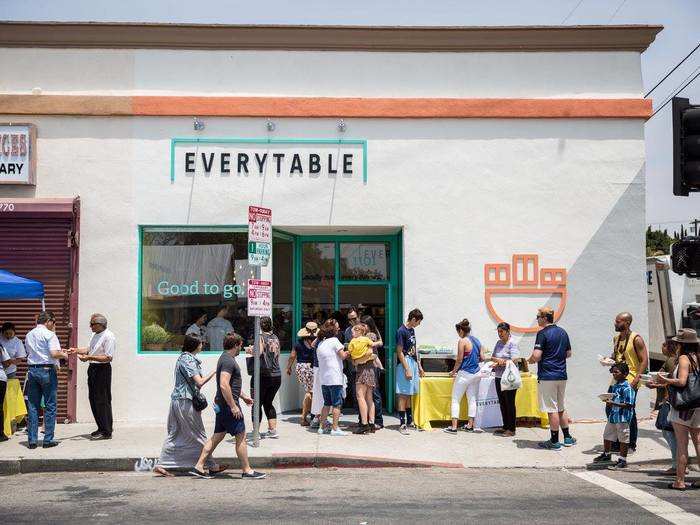
Everytable, which launched its first Los Angeles location in 2016, adjusts its prices depending on what its local customers can afford.
The South LA location (where households earn a median salary of $30,882), for example, offers salads and bowls for less than $4.50. In early 2017, Everytable opened a second location in downtown LA (where the median salary is $99,990), which offers the same items for around $8. Both stores' ingredients will be sourced from local purveyors, but the idea is that sales in wealthier neighborhoods can partially subsidize operations in lower income areas.
Everytable's cofounders, Sam Polk and David Foster, told BI they plan to expand the chain to more LA neighborhoods and eventually to other cities around the US.
Freshii — A plant-based chain that's been around for 10 years
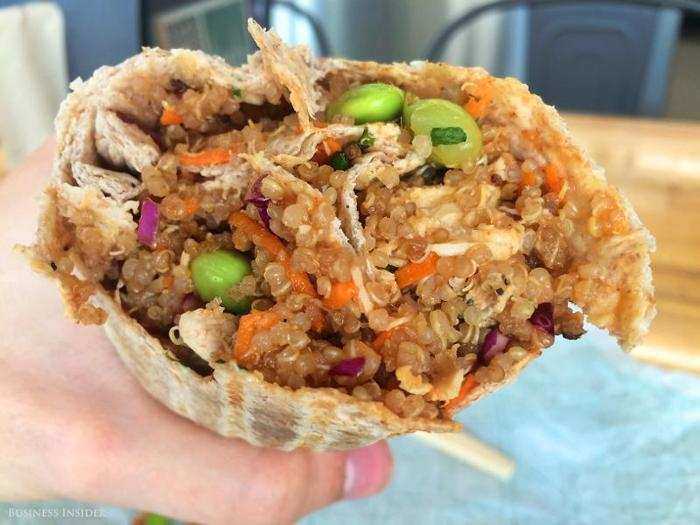
Freshii, a Canadian fast food franchise founded in 2005, offers salads, wraps, and bowls, the majority of which are under 700 calories and cost $7. It boasts nearly 300 locations worldwide and is one of America's most popular healthy fast food chains. In the past few years, new locations have opened inside airports, stadiums, and Target stores. In March 2017, Freshii CEO Matthew Corrin said the company plans to open up to 160 new stores and expects to have 840 locations by the end of 2019, the Canadian Press reported.
In 2015, after McDonald's announced its menu improvements, Corrin sent an open letter to McDonald's, in which he offered to partner with the fast-food giant and pushed the chain to serve healthier food.
The Kitchenette — A grab-and-go joint where most items cost $5

In August 2016, Kimbal Musk (yes, he's Elon's brother) launched a fast food restaurant that serves sandwiches, soups, and salads — the majority of which cost $4.95. Called the Kitchenette, it's located inside the visitor's center at Shelby Farms Park, a 4,500-acre urban park and conservancy in Memphis, Tennessee.
The grab-and-go spot is part of Musk's larger chain of restaurants, called the Kitchen, which strives to use produce and meat from local purveyors. Musk plans to launch more Kitchenette locations within Memphis and eventually nationwide, though there's no firm timeline yet.
By Chloe — A vegan chain for meat-eaters
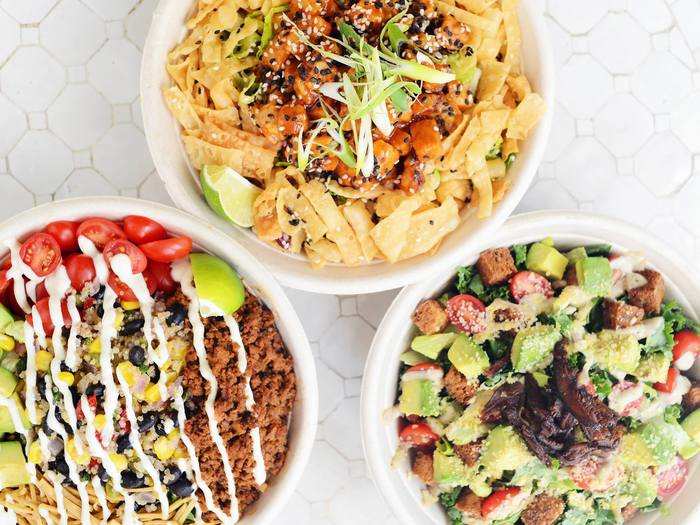
Founded in 2014, By Chloe has an entirely vegan, plant-based, kosher menu meant to appeal to meat-eaters and vegetarians alike. Everything is under $11.
The chain currently has eight locations in New York City, Boston, Los Angeles, and Providence, with at least three more on the way. The company made $10 million in revenue in 2016, and it's on track to get to $30 million by the end of 2017, according to Inc.
Sweetgreen — A salad mainstay with a cult following
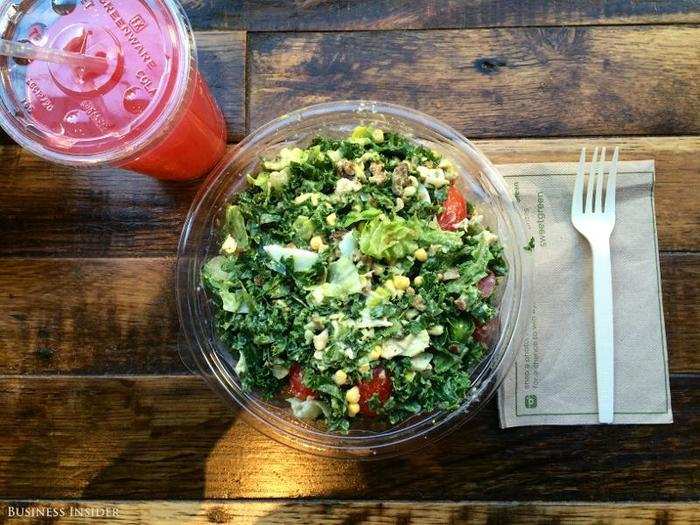
With over 70 locations on the East Coast, California, and Illinois, Sweetgreen is a fast-growing salad chain that sells bowls for $8 and up (a price point similar to Dig Inn). Since its launch in 2007, it has garnered a cult following.
Its creative menu incorporates seasonal, organic vegetables and fruits. This summer, Sweetgreen is offering a Mexican elote bowl, with quinoa, arugula, roasted corn and peppers, and goat cheese.
Dig Inn — A farm-to-table eatery
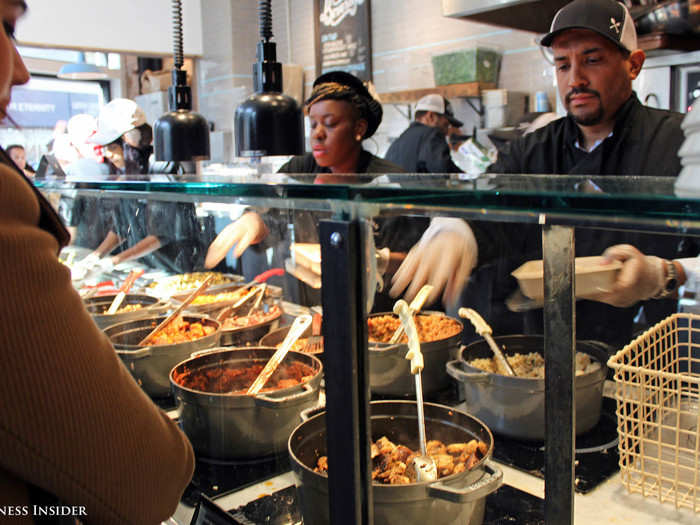
With a menu that emphasizes locally sourced vegetables, Dig Inn offers items like maple and sriracha-glazed Brussels sprouts and poached wild salmon. Diners order pre-made main dishes and sides at a counter, which are placed in compostable boxes.
Since its launch in 2011, the farm-to-table chain has opened 13 locations in New York City, one in Rye Brook, and two in Boston. Dig Inn's CEO Adam Eskin told BI that the company plans to open more Massachusetts locations and add others in a third state by 2018.
Dig Inn forms partnerships with local farmers, which allows it to keep its prices relatively low, Eskin said. However, a plate from Dig Inn generally costs between $8-$11, which is more expensive than most food from McDonald's or Burger King. (However in New York City, where real estate prices are among the highest in the country, a McDonald's Big Mac meal costs around $8.)
Eatsa — An automated vegetarian chain
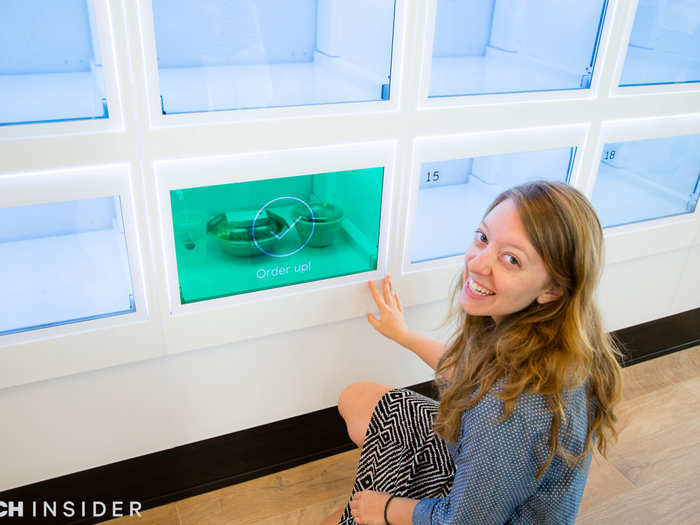
At the vegetarian chain Eatsa, customers place their orders on iPads and pick up their food from automated cubbies. Human workers prepare everything in the back.
Specializing in quinoa bowls that cost around $7, the chain's meals range from 450 to 700 calories.
Currently, Eatsa (which debuted in 2015) has seven locations in San Francisco, Washington DC, New York City, and Los Angeles.
Veggie Grill — A vegan chain that claims its burger tastes better than a Big Mac
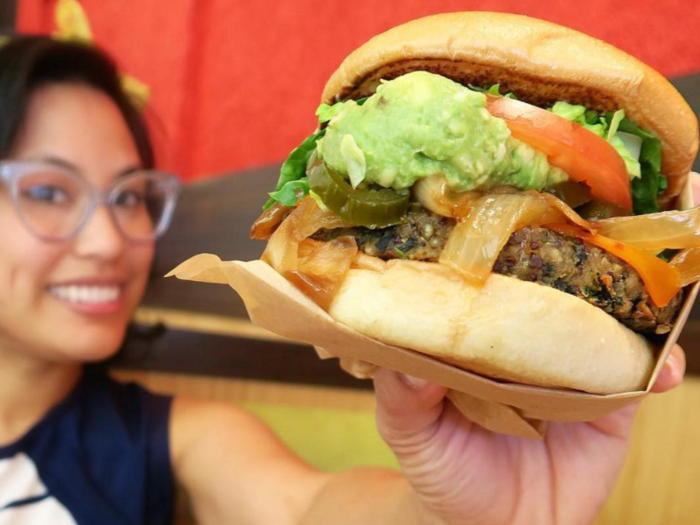
The vegan chain Veggie Grill serves burgers primarily made of pea protein, while its "chicken" sandwiches contain soy, pea, and wheat protein. Prices range from $3.50 to $11.50.
The chain has 30 locations, all of which are in California, Washington, and Oregon. In late 2016, the chain announced it will expand nationally after getting $22 million in funding from investors. By 2020, Veggie Grill plans to double in size.
"Today’s consumer is more mindful and aware that eating a diet made up primarily of veggies, fruits, grains and nuts is better for you," CEO Steve Heeley told Business Insider. (Unsurprisingly, Heeley is a vegan himself.)
Lyfe Kitchen — A healthy chain backed by Oprah's former personal chef
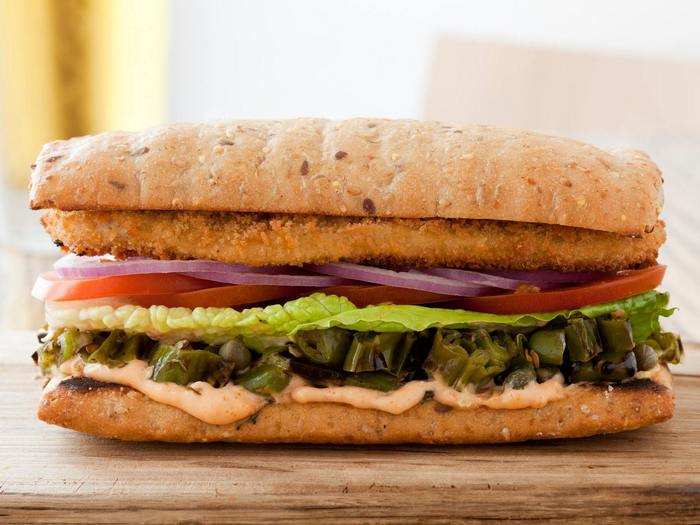
Founded in 2011 in Palo Alto, California, LYFE (an acronym that means "Love Your Food Everyday") has 15 locations in six states: California, Colorado, Illinois, Nevada, Tennessee, and Texas.
While the chain doesn't explicitly brand itself as healthy, everything on the menu contains less than 600 calories and 1,000 mg of sodium, and the dishes are free of high-fructose corn syrup, butter, cream, trans fats, MSG, and preservatives. Most items cost less than $10.
As noted by First We Feast, LYFE is backed by Art Smith, Oprah’s former personal chef, who has also appeared on "Top Chef."
Salad and Go — A drive-thru salad chain
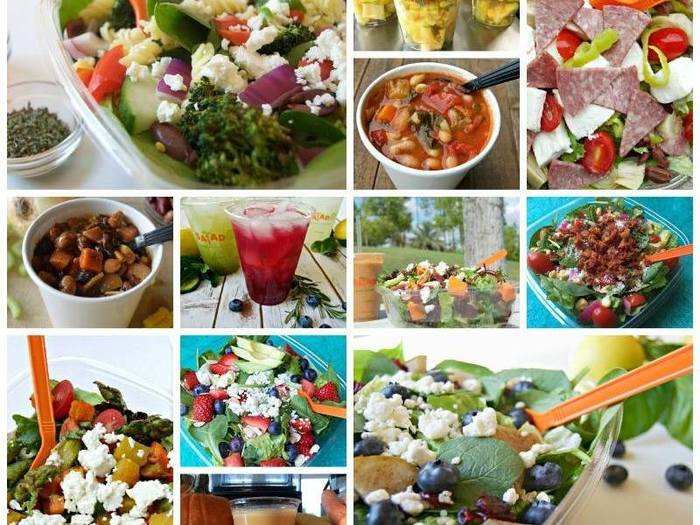
Salad and Go sells 48-ounce salads for around $6, as well as soups, smoothies, and breakfast items for around $4.
The brand is trying to rival more established drive-thru chains by making the ordering experience fast and convenient, cofounder Roushan Christofellis told Business Insider.
Since launching in the fall of 2016, Salad and Go now has nine locations in Arizona, with plans to open five more by 2018 and to expand elsewhere in the US by 2020.
Cava Grill — A Mediterranean fast food chain that started as a full-service restaurant
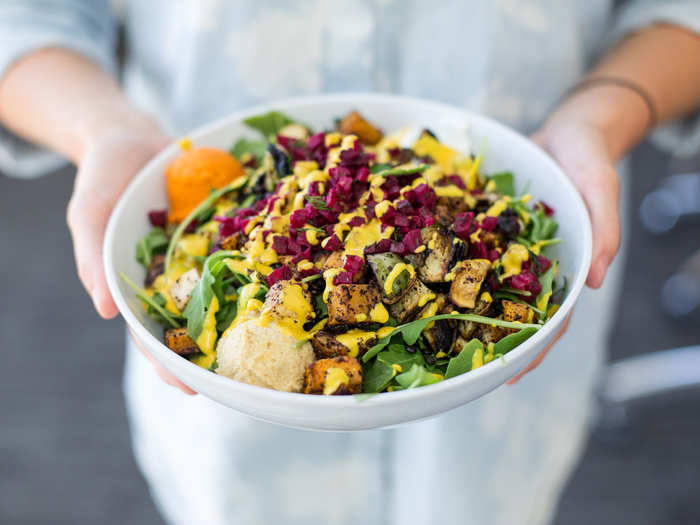
Cava Grill is a Mediterranean grab-and-go chain, originally founded in 2006 as a full-service restaurant. The chain serves Mediterranean salads and bowls — including hummus and pita, spicy lamb meatballs, and falafel — that range from $8 to $11 and average 500 calories.
It has 33 locations on the East Coast and Los Angeles, with nine more set to open by the end of 2017.
Popular Right Now
Popular Keywords
Advertisement